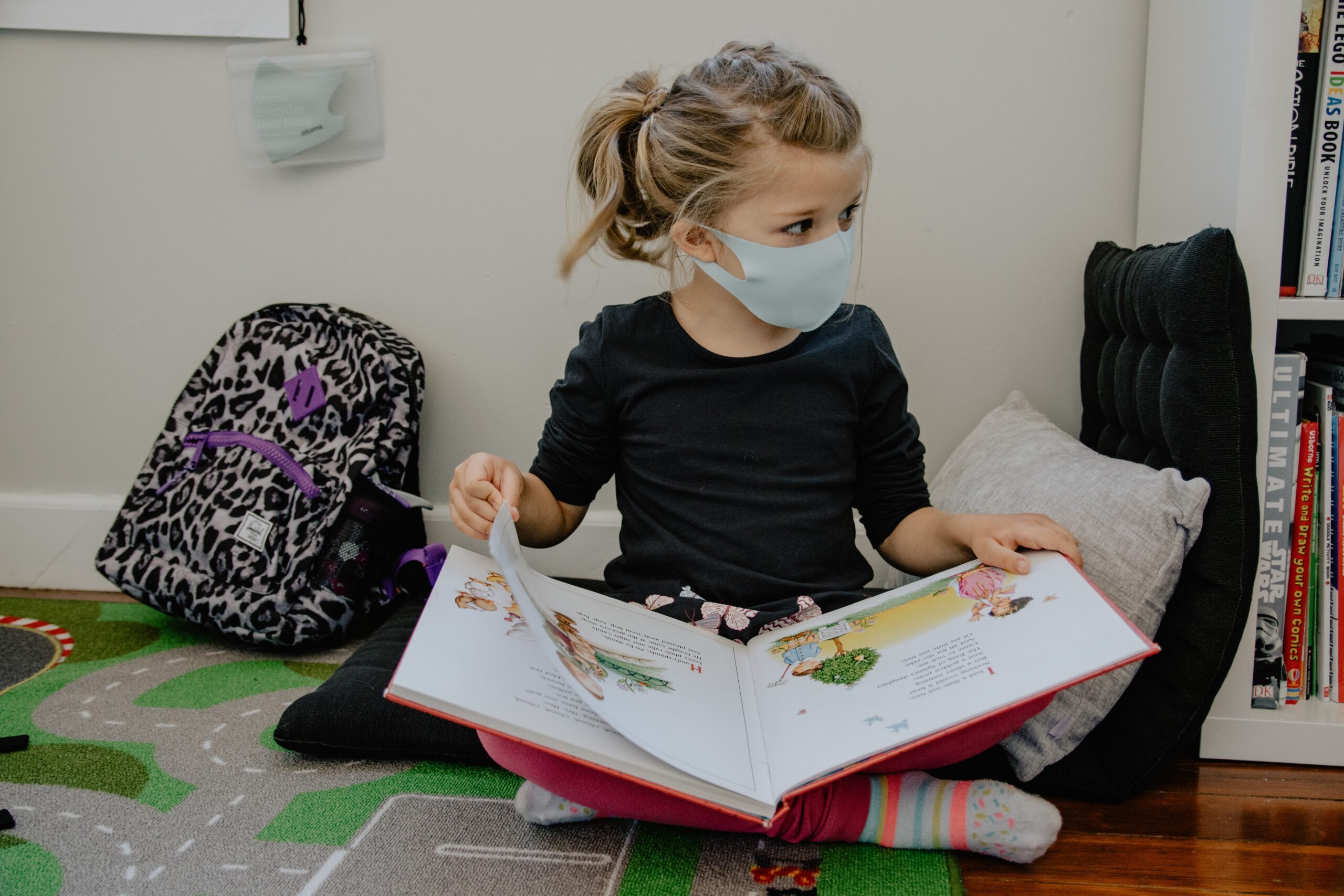The Omicron variant is raising the stakes, again.
As most are well aware, the CDC has approved, for emergency use, the Pfizer vaccine for COVID-19 for children ages 5-11, which means more parents are making decisions about whether to vaccinate children in this age group.
Virtually every day, I hear from divorcing parents who disagree with their co-parents on whether to vaccinate their children.
The debate over the vaccine in the public sphere can be polarizing, but I’d argue it can be even more intense when divorced or divorcing co-parents who share custody disagree on what to do for their children.
This is a huge issue for many families, and more of my clients are asking these questions.
Families began these conversations around their 16-year-old-plus children, then younger teens, and now, the pool of children eligible for vaccinations has gotten larger—and younger.
The Delta variant, and recent discussions around the Omicron variant, have intensified the fervor.
Whether or not to vaccinate—for the parents, first, and now children—is one of the many unique issues divorced and divorcing co-parents have struggled with over this pandemic period.
Many aspects of your children’s lives will be affected by this choice, including but not limited to: whether schools or sports teams will require the vaccine, whether your child’s socialization will be affected because some parents might require the vaccine prior to setting playdates, and, of course, any remaining issues surrounding traveling of any kind.
What can you do if you and your ex-spouse disagree on the vaccine?
- Understand your ex-spouse’s position. Have a frank, calm conversation about the issues they’re concerned about. Remember, this person is also your child’s parent. It is important to show respect for their opinion and to carefully weigh all the options. If you already have a joint custody agreement, then you may need to review that agreement to see what mechanisms are set forth in the agreement if you and your co-parent disagree about medical issues.
- Build your case. My advice is always to talk to the experts. In this case, speak with your pediatrician—ideally a medical doctor you and your co-parent initially agreed to before the vaccine debates began. Certainly, your pediatrician’s opinion about this is important. Each case is unique, and there are health-related exemptions to be considered for some children. If the pediatrician is supportive of vaccinating your child, it may be an uphill battle for the parent opposing the vaccination. Your agreement may, in fact, dictate that you should follow the pediatrician’s recommendation.
- Speak with your attorney. Your attorney might have some helpful ideas about what you need to be thinking about as s/he has likely been involved with many conversations on this topic. Also, get a sense of whether local school-related sports or social groups are leaning toward recognizing vaccines to clear students’ participation. All of this information will be important to consider.
What if you just can’t work it out?
- If you cannot get on the same page as your co-parent and think you will need a judge to tell you what to do, it is important to remember that the court will likely not make the decision as to whether the children should be vaccinated.
- The court will more likely decide which parent is best equipped to make that decision. This often is determined by several considerations, including which parent is more thoughtful about the issue and who can put the child’s best interests ahead of their own.
But, ideally, you can work together to come to an agreement.
As I always say, it is important to do everything you can to align with your co-parent on this issue and others. It bears repeating that study after study shows that parental conflict negatively affects children. Therefore, it is important not to involve your children in these discussions. It is also important not to denigrate your co-parent to the children even when you disagree.
While it might be difficult, it is imperative to foster the relationship between your children and their other parent, as your children are a product of both parents and need both of you.
And first and foremost, take care of yourself and your children during what can be a very stressful time.
Originally published in Psychology Today. Read the original publication here.

